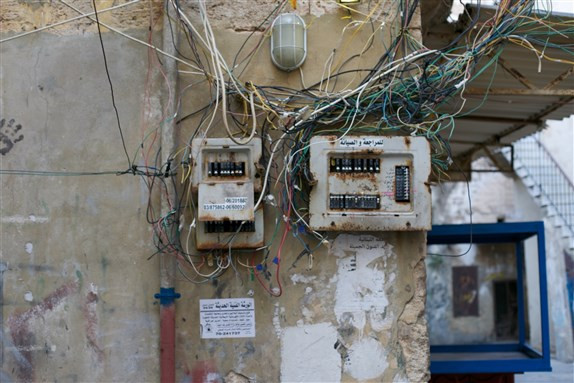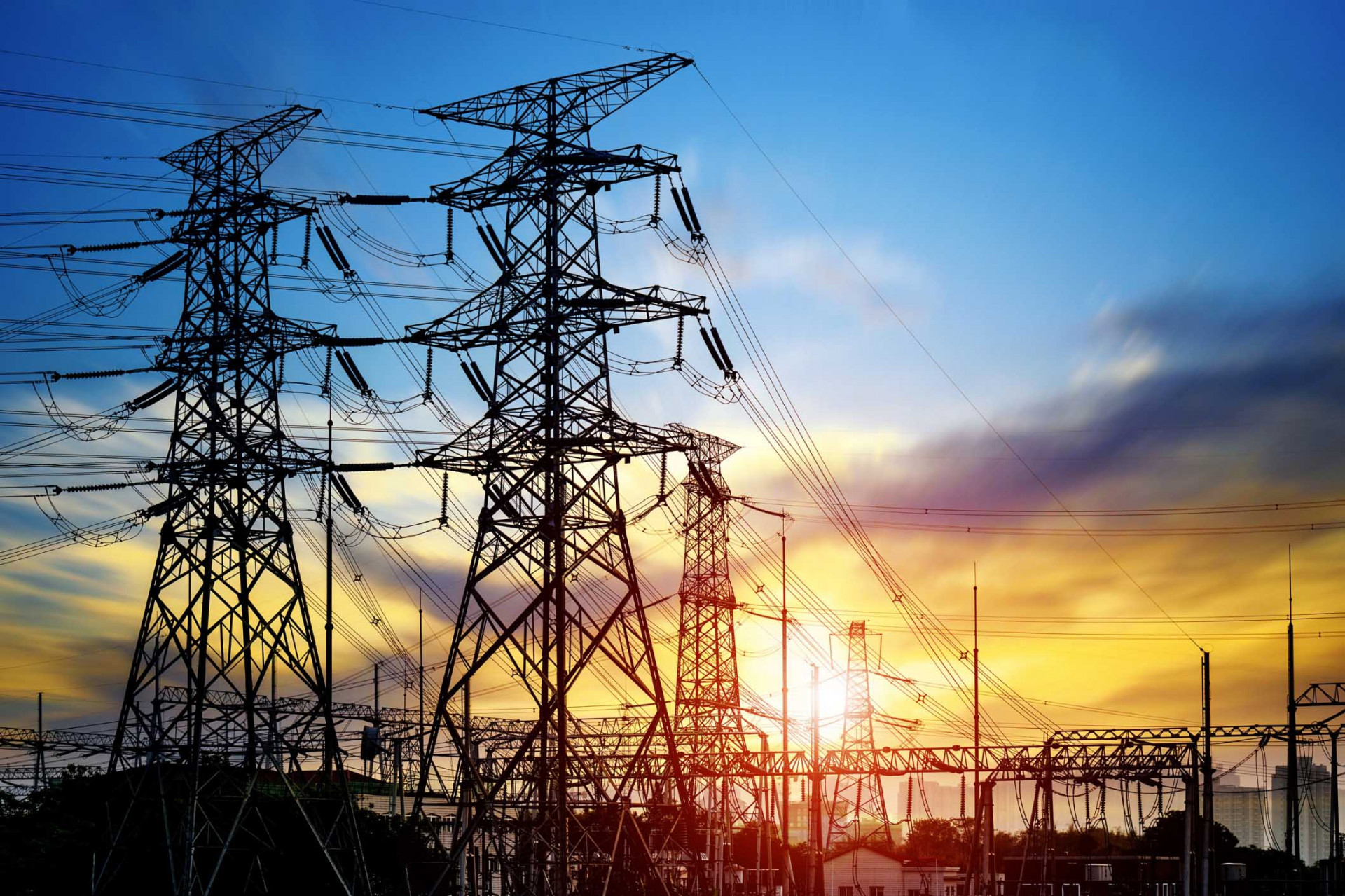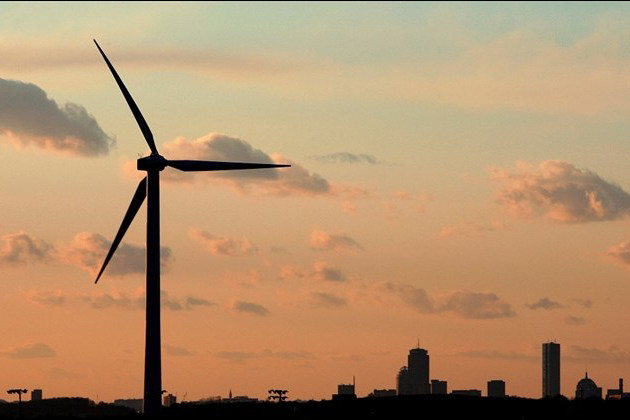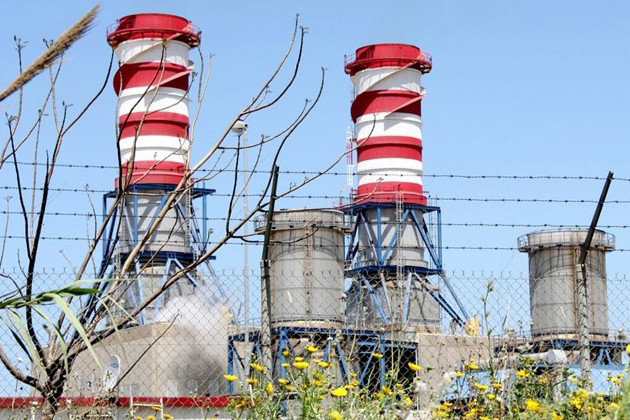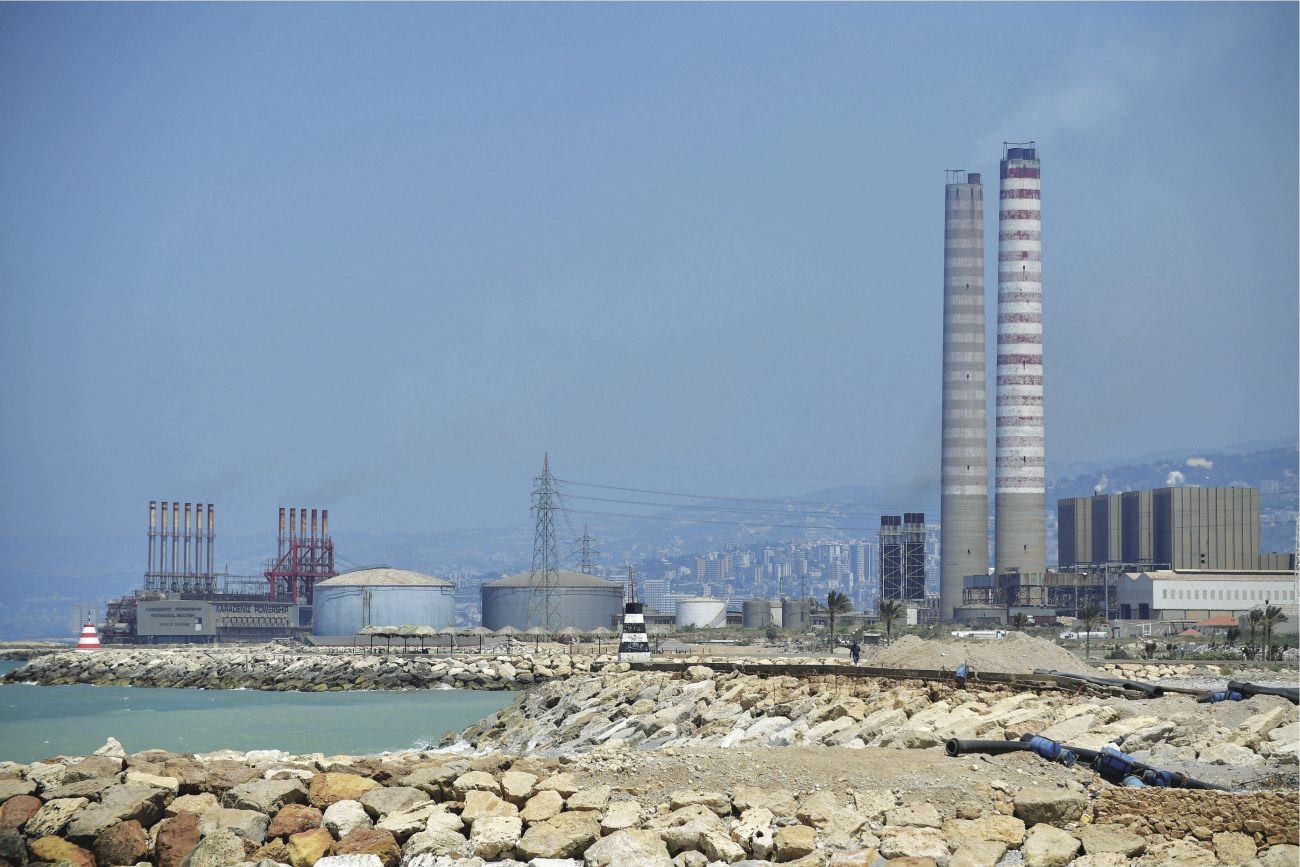It has been almost 70 days since the formation of the new government and yet, we have not realized any change or diversion in the policy-making and governance pathways of the energy sector to regain part of the Lebanese people’s trust or any concrete proposal that tackles their daily concerns in this regard.
The electricity sector is both a main symptom of our dysfunctional political system and a key contributor to the economic crisis. A new approach to its management has become a necessity to regain the trust of the Lebanese – households and businesses - who have been deprived for more than 25 years of one of the most basic public services. But, even more pressingly, the shortage of dollars in Lebanon is such that fuel supply is in jeopardy, hence generation of electricity, whether by EDL or private generators.
There is therefore a need to:
- Develop an immediate plan that addresses the emergency situation and foreseeable shortage of fuel supply to provide electricity.
- Refrain from signing any new deal for public infrastructure in the transmission, generation, distribution or supply segment of the sector. Review and audit all current deals.
- Review the policy paper for the sector that was updated in April 2019, which was coupled with high level of paralysis and inefficiency and hindered any possible reforms aiming for optimal, cost-effective solutions.
The approach on all fronts should be built on the basis of a main overarching condition: the severe shortage in US dollar supply, which is here to last, and is a game changer on all fronts. Implementing any plan also requires as a first step to regain the long-lost trust of the citizens. This requires a decision-making process based on public consultations, clear communication and transparent actions.
The designed approach tackling the aforementioned pressing issues can be distributed among the six main pillars below:
1- The financial crisis and severe shortage in US dollar supply are a game changer on all fronts
- Lebanon is going through a combined currency, banking, and sovereign default crisis that has short and long-term effects on its energy sector. In the short term, both demand and supply for oil will drop significantly. On the supply side, the drop in dollar liquidity will lead to a drop in imports as private suppliers access to dollars has decreased drastically and as the Central bank’s FX reserves will no longer be enough to guarantee fuel imports for EDL. Furthermore, the current currency devaluation will affect the purchasing power of lira earners and lead to a drop in their fuel demand.
- The reduction of fuel imports will lead to rationing electricity at the national level. Private generators will not be able to fill the EDL gap anymore.
- As for investments in the electricity sector, the crisis means that securing internal financing is and will remain out of reach in the short term. Meanwhile, external financing will be hard to secure for IPPs since investors will be reluctant to invest in such a high-risk environment. Lebanon is left with the option of bilateral or multilateral credit lines for public investment in its infrastructures. But unless authorities implement a credible macro-fiscal-monetary plan, public debt and bank restructuring, no external financing will be available for these projects.
2- Lebanon needs an immediate emergency plan to manage electricity supply in the coming months.
In order to limit the financial crisis’ implications on Lebanon’s energy sector, a set of measures need to be taken to ensure uninterrupted electricity supply from the existing power plants, and this would entail a transparent and clear plan to secure the following:
- Defining the volume of FX that are still available at the macro-economic level and those allocated to fuel supplies in specific in line with a macro-financial rescue plan and capital controls law.
- Allocating the combustible to the most efficient means of production (highest production of kWh per energy unit/power plant)
- Making sure that the remaining volume of FX is allocated in the most efficient and targeted manner to secure needed supply for both centralized plants (EDL) and private diesel generators.
- Reviewing the fuel supply process with the objective of ensuring needed rationing and cost effectiveness.
- Finalizing fuel hedging agreements: a huge decrease in oil prices (up to almost 50%) has occurred during March 2020 due to the COVID-19 implications as well as the price war among OPEC+ members. This offers a unique opportunity for the MoEW to secure EDL’s fuel yearly needs at lower prices and as part of LBP 1.5 billion allocated for this purpose in the 2020 budget. Fuel hedging agreements need to be finalized to secure those imports at the current prices, and details need to be transparently shared with the public.
- Launching and undertaking full independent audits on the current fuel procurement contracts with Sonatrach (Algeria) and KNOC (Kuwait): With the recent news about several unconformities in the specifications of the fuel shipments that arrived to Lebanon on March 16th, and the ongoing investigations around it, we highly recommend to audit those existing contracts as well as the subcontracts interlinked to it and to reveal the results and responsibilities in a transparent manner. A review of the whole supply process will need to reflect the country current fiscal status and ensure cost effectiveness.
3- Refrain from signing any new contract and audit all the current ones
As Lebanon teeters on the financial edge following the default decision, and since the government is heading to the negotiations with creditors for potential debt restructuring, any new contract resulting from a previous, ongoing or future tender in the energy sector will need to consider the financing schemes and the inability to finance selective projects without a visionary long-term approach of the country’s energy mix for the decade to come. Therefore, we should make sure the MoEW:
- Reviews, freezes and undertakes full independent audits, of all electricity contracts not yet signed and/or that did not reach financial closure. This should cover contracts in the procurement of fuels, the wind projects in Akkar, solar projects, IPPs/BOTs proposed projects such as the Deir Amar Power Plant, FSRUs ongoing tender as well as all EDL’s operation and maintenance contracts. Most of those contracts were planned to be priced in USD for at least the 20 years to come, a luxury which do not have anymore with the current currency shortages.
4- Appoint a new board at EDL
MoEW’s has called for applications in relation to the appointment of a new EDL board. Within the current circumstances, appointing a new EDL Director General and Board members who are fully independent, competent and highly qualified has become a necessity. In this regard, MoEW has to:
- Publish the selection criteria based on which the board members will be appointed, and who is the party that will be responsible of overseeing this selection process in a clear and transparent manner;
- Once appointed, this new EDL board shall have a clear emergency mandate which includes, among others, filling the necessary gaps in key managerial and monitoring positions within the institution, digitization of records and reducing technical and non-technical losses in a clear timeframe;
- Review and audit the O&M contracts within EDL and setup guidelines for future O&M procedures;
- Setup a plan for EDL restructuring in a way to become more efficient, effective and flexible and allow the integration and usage of more renewable energies into the grid.
5- Review the medium to long-term strategy for the sector away from political/sectarian considerations with the key objective to have a least-cost, clean, efficient and fiscally balanced sector
There is a need to review the 2019 electricity policy paper, not only because the financial crisis and shortage of dollars impose on us to review all our priorities, but also because its decision-making pillar is the need for a fast increase in power generation leading to a fast hike in electricity tariff, in order to eliminate the subsidies contributing to the fiscal deficit, hence proposing a combined temporary-permanent solution, which does not yield the most cost-effective solution, and is detrimental to the economy for several years further. Therefore:
- A clear strategy for an optimal energy mix should be developed. Renewable energy should be placed at the center of energy planning in the country all the more that it lowers the country’s dependence on FX.
- There hasn’t been a financial analysis justifying the selection of any power sector solution. Additionally, the current fiscal and economic crisis requires a new assessment of the cost of implementing any solution.
- The switch to natural gas through the planned FSRUs was overdesigned, and the initial timeframe was optimistic in light of the lengthy procurement process that has taken place, which questions the relevance of pursuing the implementation of the three FSRUs. The process should be reviewed from design to procurement. Also, the possibility of importing electricity and/or gaz from Egypt and Jordan need to be assessed.
- The expectation of decrease in the technical and non-technical losses was optimistic and needs revision in light of the economic crisis.
- A comprehensive approach to designing a social safety net and targeted smart subsidies should be adopted to protect the most vulnerable groups affected by an ultimate tariff hike.
- There is a need to plan how to phase out private generation that currently fill EDL’s gap.
6- Amend the legislative and regulatory environment for the sector in a comprehensive manner
It is very important to halt any occasional “bits and pieces” amendments to the laws governing the sector, the latest being adopted in 2002 (law 462), but rather work on revamping the legislative and regulatory environment so that:
- The updated electricity laws take into consideration the major technical, legal and financial developments that have risen up over the past two decades, more specifically at the level of Renewable Energies, and tackle the 3Ds: Decarbonization, Digitalization and Decentralization.
As the need for more renewable energies in our mix becomes a necessity, so is the case for a legal framework that enables its environment. Specifically, the law that legally defines net-metering, feed-in-tariffs, power wheeling, peer-to-peer generation, etc… and which has been finalized by the EBRD, along with the Energy Efficiency (EE) law shall be accelerated, discussed and ratified.
- Existing framework is reviewed and modernized before the establishment of a fully independent regulatory body, to take into account the latest regulations, the introduction of smart grids technologies, unbundling model structures and financing mechanisms.
- Public procurement processes are reviewed and amended to reflect the latest international transparency standards and to avoid future power conflicts among public entities.
- Access to all available data, reports and information under Law 28/2017 is guaranteed and ensured for both previous studies (for example IRENA 2030 vision for Lebanon) and future ones (EDF study, World Bank Report, etc…).

